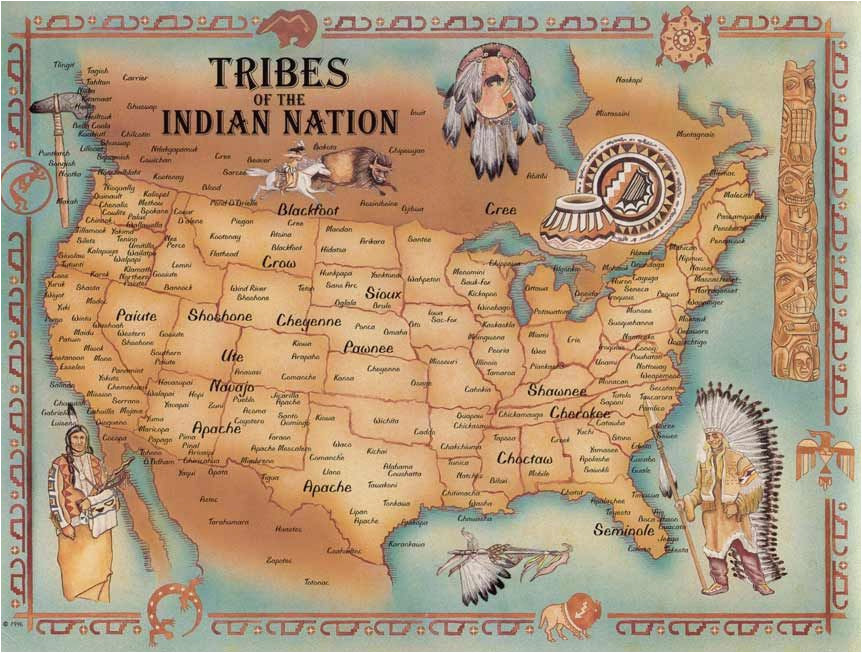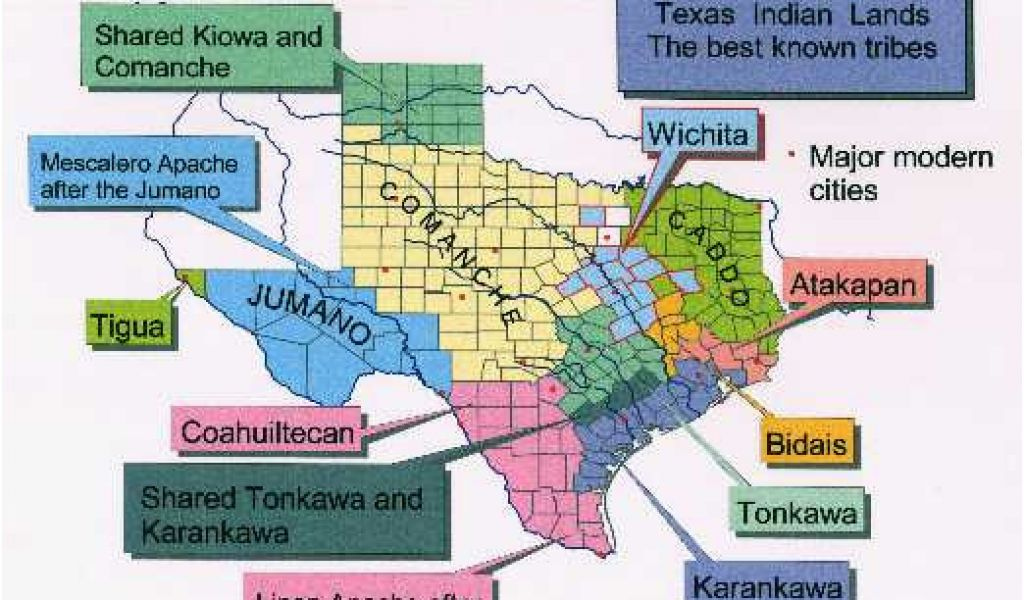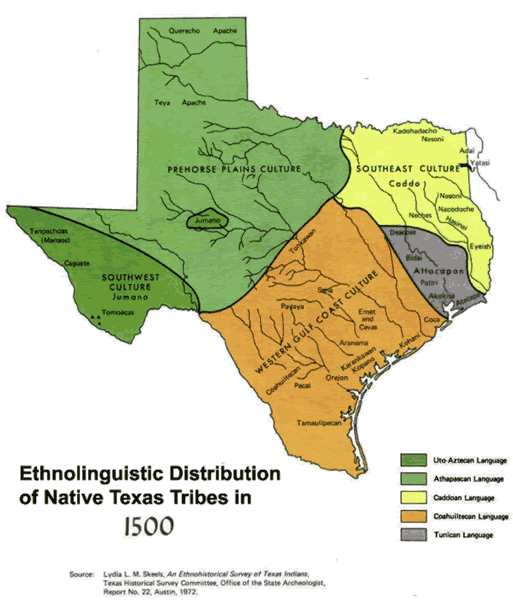Texas Tribes: A Tapestry of Resilience and Culture
Texas Tribes: A Tapestry of Resilience and Culture

Texas, the Lone Star State, is a land steeped in history, and woven into that fabric are the stories of its original inhabitants – the Native American tribes. From the sprawling plains to the rugged mountains, these tribes have called Texas home for millennia, leaving behind a legacy of rich culture, traditions, and resilience.
A Land of Many Tribes
Related Articles: Texas Tribes: A Tapestry of Resilience and Culture
- Uncover the True Extent: Unveiling the Percentage of Montana's Indian Reservation Lands
- Discover the Enchanting Tapestry of Indian Tribes in Colorado
- Blackfeet In West Virginia? Wait, What?!
- Discover the Heart of Native America: Unveiling the Biggest Indian Reservations
- Smoke Signals: Your Guide To Indian Reservation Cigarette Shops
Before European colonization, Texas was a vibrant mosaic of diverse tribes, each with its own unique language, customs, and way of life. These tribes weren’t just neighbors, they were interconnected, sharing trade routes, cultural practices, and even intermarriage.
The Caddo: Masters of the Woodlands
In East Texas, the Caddo people, known for their impressive mounds, were masters of agriculture and skilled artisans. Their society was complex, with a hierarchical structure and a strong spiritual connection to their land. They cultivated corn, beans, and squash, and their pottery, jewelry, and intricate beadwork were highly prized.
The Comanches: Warriors of the Plains
On the open plains, the Comanches, known as the "Lords of the Plains," were renowned warriors and skilled horsemen. Their nomadic lifestyle centered around buffalo hunting, and their intricate social structure, with a strong emphasis on family and kinship, allowed them to adapt and thrive in the harsh environment.
The Apache: Fiercely Independent
The Apache, known for their fierce independence and adaptability, roamed the vast territories of West Texas and New Mexico. Their hunting skills were legendary, and their resistance to European encroachment earned them both admiration and fear.
The Karankawa: Coastal Dwellers

Along the Texas coast, the Karankawa people, known for their distinctive tattoos and unique language, were skilled fishermen and hunters. They were a nomadic people, moving with the seasons, and their culture was deeply intertwined with the sea.
The Challenges of Colonization
The arrival of European colonists brought significant changes to the lives of Texas tribes. Disease, displacement, and conflict took their toll, and many tribes were forced to relocate or assimilate. Despite these challenges, many tribes persevered, maintaining their cultural identity and traditions.
A Legacy of Resilience
Despite the hardships they faced, Native American tribes in Texas have shown remarkable resilience. They have adapted to changing times, while still holding onto their cultural heritage. Today, many tribes are actively working to preserve their languages, traditions, and history, ensuring that their stories are passed down to future generations.

The Importance of Understanding
Understanding the history and culture of Native American tribes in Texas is crucial for appreciating the rich tapestry of the state’s heritage. Their stories are a testament to the human spirit’s ability to overcome adversity and preserve its identity.
Beyond the History Books
The legacy of Native American tribes in Texas is not just a matter of historical record, it’s a living, breathing part of the state’s identity. Their art, music, and traditions continue to inspire and enrich the lives of Texans, reminding us of the interconnectedness of all people and the importance of respecting diverse cultures.
Moving Forward Together

As we move forward, it’s essential to acknowledge the contributions of Native American tribes to Texas and to continue to learn from their resilience and wisdom. By understanding their history and culture, we can build a more inclusive and equitable future for all Texans.
FAQ about Native American Tribes in Texas
Q: What are the major Native American tribes in Texas?
A: Some of the major tribes in Texas include the Caddo, Comanche, Apache, Karankawa, Tonkawa, Lipan Apache, and Alabama-Coushatta.
Q: Where can I learn more about Native American history in Texas?
A: You can visit museums, historical sites, and tribal websites for information. Some notable resources include the Texas Historical Commission, the National Museum of the American Indian, and the websites of individual tribes.
Q: Are there any Native American reservations in Texas?
A: There are two federally recognized reservations in Texas: the Alabama-Coushatta Tribe of Texas and the Kickapoo Traditional Tribe of Texas.
Q: How can I support Native American tribes in Texas?
A: You can support Native American tribes by visiting their museums and cultural centers, purchasing their art and crafts, and advocating for their rights and interests.
Q: What are some of the challenges faced by Native American tribes in Texas today?
A: Native American tribes in Texas continue to face challenges such as poverty, lack of access to healthcare and education, and discrimination.
Q: What are some of the successes of Native American tribes in Texas?
A: Despite the challenges they face, Native American tribes in Texas have achieved many successes, including the preservation of their languages and traditions, the development of economic opportunities, and the advocacy for their rights and interests.
The Journey Continues
The story of Native American tribes in Texas is an ongoing journey, a testament to the resilience of the human spirit and the enduring power of culture. By learning from their past, celebrating their present, and supporting their future, we can honor their legacy and create a more inclusive and understanding society for all.
Closure
Thus, we hope this article has provided valuable insights into Texas Tribes: A Tapestry of Resilience and Culture. We thank you for taking the time to read this article. See you in our next article!